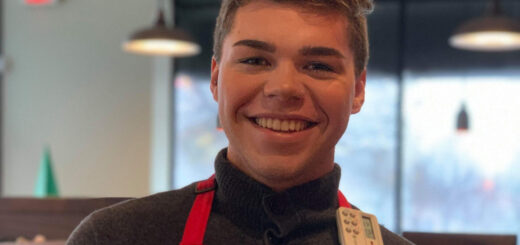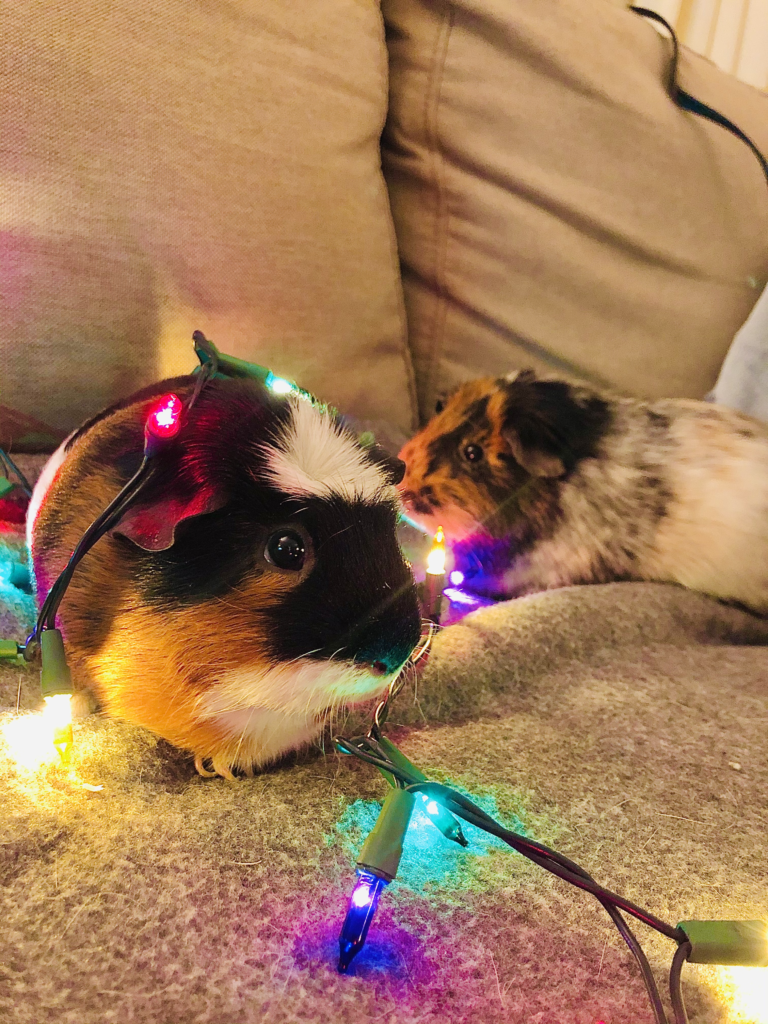Social Media and Advocacy Communications
One of the main takeaways, for me personally, from the interview between Jesse and Markiel is that a degree is not a requirement of being successful. Furthermore, a degree/certificate is not a requirement to help make change in a community. Jesse exemplifies this point by noticing that Markiel was seemingly more passionate about his advocacy groups as opposed to his day job as a building manager. Markiel further discusses that social media is a tool that has helped him expand his PLN, and highlights that he would not have made most of the connections with the people who have helped him become successful in his advocacy campaigning.
Social media is a powerful tool that enables advocacy communications by spreading ideas, facts and all messages like wildfire. Markiel reminds us of the BLM movement to drill this point in. I really enjoyed how Markiel discussed that these messages can “take on a life of their own.” What is meant by this is that people begin having their own conversations about it and it has less to do with people in the community trying to get the attention of the people in power to inflict change. Take the BLM movement for example, people began talking about and celebrating black history. So many people all over social media share their concerns, but also, there is pressure put on by the public to not treat this movement as a protest meaning that the systemic racism towards the black community is not something that can just be protested and forgotten about. Instead, we must be aware of the systemic racism and educate ourselves on what is meant by anti-racism.
I enjoyed listening to Markiel because he seems very down-to-earth. He reminds us that it’s not necessary to have a degree to create change, rather to be passionate and take action. Become active in your community and engage online. Jesse’s comment about being involved in community resonated with me so deeply because community is EVERYTHING. We all want to feel like we’re a part of something larger, that’s what expanding our PLN is all about! Finding ways to be involved with the queer community has been really challenging for me up until I started working at Starbucks. My job there has introduced me to so many more people in the queer community and has allowed me to feel a sense of belonging like I had never felt in 18 years of living in my small hometown.
References
Simpson, Markiel. “EDCI 338 – 2021 – 02 – 22 MARKIEL SIMPSON.” 21 Feb. 2021. doi: https://youtu.be/yCSpm1Lx8-A




Hi Conrad. Thank you for your thoughtful post. A commented you mentioned truly resonated with me. You mention how Miller and Simpson spoke to how “a degree is not a requirement of being successful. Furthermore, a degree/certificate is not a requirement to help make change in a community.” I think this resonated with me because success can be thought of in so many ways. When I first met my husband and I asked him, ” what does success mean to you?” and our ideas of success could not have been more different. He spoke to success being his rank in his occupation, the things he could provide or that he acquired, and having a family. My ideas of success included happiness, fulfillment (family and in what I do for myself and others), and who I can relate to (connection). Now, of course I want to provide for my family, but if I couldn’t would that make me unsuccessful or a failure? If I didn’t have a fancy car (which I don’t) does that make me less successful than someone who does? My answer was no and so was my husbands. I think by asking these question to my husband, it reframed his idea of success; something that society, in my opinion needs to be open to. Success doesn’t need to be valued on how one absorbs information and can replicate it, or what position they hold or do not hold. Rather, success can be valued on what experiences a person has lived therefore the valuable information, knowledge and insight they can provide to the world.
I think once one feels that they are “successful” and valued for who they are and what they can contribute, they will begin contributing to society. They will become a voice in change because they know their experiences are valued and honoured. I agree with you and Miller and Simpson, you do not need a degree to help make change. You just need to feel that your opinions and self are important/valued enough to start trying.
I am so glad you have found a community that supports you and makes you feel valued, important and successful, because you ARE! I bet that now you have this community, you feel like you have gained some knowledge from them and would love to advocate for others who may be feeling as you did once in your small hometown. This IS something you can do because you experienced so much and have that experience to offer others.